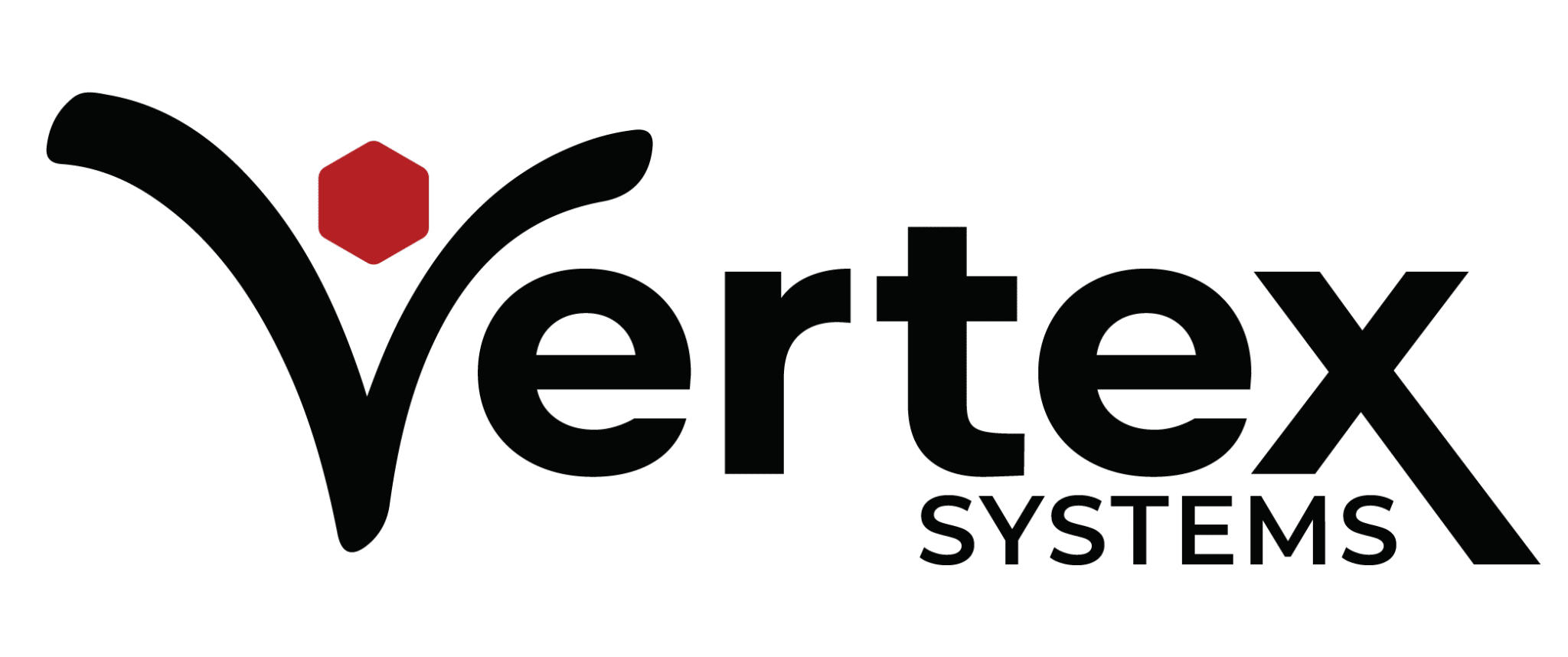The 21st Century Cures Act was enacted in 2016 with the intention to further innovate technology and medical care for individuals dealing with physical, intellectual, and developmental disabilities. The Cures Act also gives them more say and visibility in the decision-making processes involved in each dynamic.
Inclusion of The Ones That Matter
With the implementation of the Cures Act, the perspective and reality of the impacted individuals will be included in the decisions made by the FDA in the development of medicines, biological products and technology.
By leveraging data on the usage, benefits and risks of medicines, in addition to data collected from clinical outcome assessments, the FDA can make more appropriate decisions that truly serve the impacted individuals.
Additional efforts include:
- Holding healthcare workers accountable
- Allowing companies to leverage data to improve services
- Increasing visibility and inclusion of patients
- Encourage complex adaptive trial designs
- Establish a Limited Populations Antibacterial and Antifungal Drug program
- Harmonize FDA human subjects protections including waivers of informed consent for minimal risk studies
The Cures Act Final Rule
The Final Rule was implemented to put control into patients’ hands by letting them take charge of their health records. It allows patients to have uninterrupted access to all electronic health information by enforcing the interoperability requirements intended by the Cures Act. What this means is, if a company’s reason for not abiding by the new legislation is because they don’t have the technology or resources to do so, they better figure out a way to make it happen.
Deadlines to act have been extended due to the COVID-19 pandemic; however, the expectation is that all companies will be in compliance by Spring 2023.
With the addition of the Cures Act Final Rule:
Patients can:
- Easily access their records
- Protect their privacy and security
- Shop for appropriate and affordable healthcare
Clinicians can:
- Save money by leveraging automated data distribution
- Choose from multiple secure and affordable APIs
- Give patients full visibility of their data since information blocking is prohibited
- Protect patients’ safety and sensitive information
More information on the 21st Century Cures Act Final Rule can be found on the Health IT website.
How The Cures Act Affects IDD Agencies
A specific section in the legislation requires all Medicaid-funded personal and home health care services to use Electronic Visit Verification (EVV) technology when tending to patients. EVV is used by healthcare workers to verify when they begin and finish work. This ensures that patients aren’t neglected and prevents false documentation since the technology uses GPS technology.
States are allowed to use their own software, however it must comply with federal requirements, meaning that it must include details such as:

- Type of service performed
- Name of the individual receiving service
- Date of service
- Location of service
- Name of the individual providing service
- Time of service

